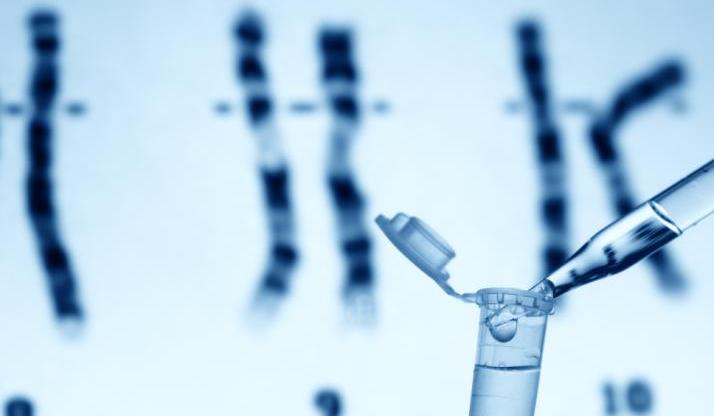Costa Rica Health News – The question of whether it is right or wrong to conduct medial research on humans has always been a subject of debate. It is no difference for a predominantly catholic country, Costa Rica. In 2010 the Constitutional Court stopped the biomedical research declaring the regulation of this type of study unconstitutional, but with a new proposal in favor of biomedical research this all may change.
 An agreement between members of congress has allowed the progress of a plan of action for the law regarding human research, and it is on the way to being approved on first reading by plenary.
An agreement between members of congress has allowed the progress of a plan of action for the law regarding human research, and it is on the way to being approved on first reading by plenary.
Through the consensus of María Eugenia Venegas part of Citizen Action Party (PAC), Alicia Fournier, part of the National Liberation Party (PLN) , and José María Villalta, there was an implication that there would be a withdrawal of nearly 80 motions that had been submitted to the project. Venegas agreed to withdraw these reform proposals after several negotiations with private sector doctors and Fournier.
At the end, Venegas submitted the text that was already being discussed and not the one submitted by the private sector biomedical researchers. After Tuesday’s plenary meeting, she said she would take the initiative to see to the Constitutional Court to review and consider the comments about suspicions of potential problems with the bill.
One of the flaws with this new proposal is that students at the University of Costa Rica would be affected. The new proposal would deprive the University’s permission to conduct biomedical research, stated the deputy of PAC. The legislator of PAC explained that neither her nor her party would vote yes on the project because they still have doubts about several points that could not be reformed.
The PLN did agree to pass several motions of José María Villalta, to consolidate the requirement of informed consent to be part of a biomedical research.
If all goes as expected, legal permission to conduct such research will receive the first debate as soon as possible.
The Deputy Chief of National Liberation fraction, Siany Villalobos, stated that the absences of such research implies that the country loses not only the option to improve the health of patients, but also a large multinational investment in medical research.
Aside from allowing research in humans, the bill will establish a National Health Research under the guidance of the Ministry of Health and with support of the Ministry of Science and Technology, more presence of public universities, the professional associations and Medical Microbiologists, and citizens.
By Brenda Sotelo

